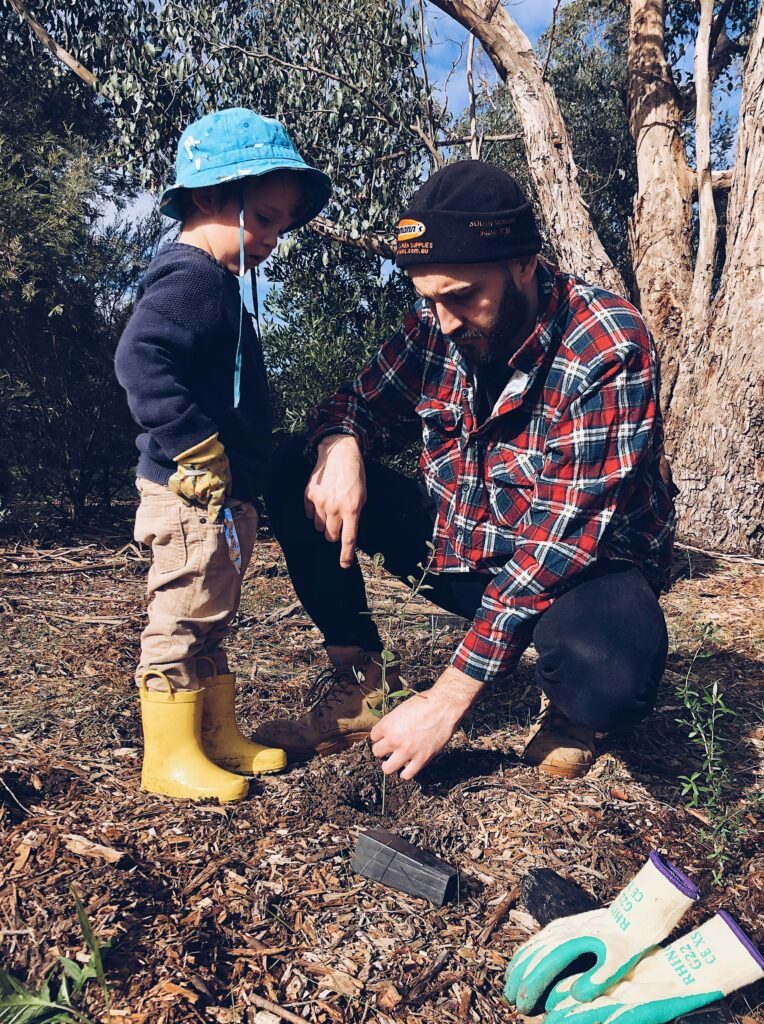
In recent weeks, many have asked me: “How can we do bridge-building work when there is so much harm taking place?”
I get it. The challenges are real. We live in a time that is both dangerously unequal and dangerously divided. Inequality leaves too many without security or opportunity. Division makes it harder to even talk about solutions, let alone work on them together.
But here’s the thing: we don’t have to choose one or the other. We can do more than one thing at a time.
Short Term and Long Term
We must respond to urgent needs—feeding the hungry, sheltering the unhoused, protecting the vulnerable. But we also need to invest in the long-term work of healing our divisions and rebuilding trust. If we only deal with the urgent, the deeper currents that drive inequality and violence will remain untouched.
The Muslim and Lutheran Christian traditions tell this story: Question “What do you do when the world is going to end tomorrow?” Answer: “Plant an apple tree.” This teaches us to attend to the urgent while thinking systemically about the long-term needs of our communities.
Do More Than One Thing
As persons and organizations—churches, mosques, temples, nonprofits, community groups—we can hold both realities together. We can meet immediate needs and help people connect across lines of difference. We can bring relief and nurture resilience.
Meeting People Where They Are
People and groups are on a developmental path. Some are ready for big conversations, others need to start small. That’s okay. Folks will join where they are interested. What matters is that we invite them into the journey.
Working with the Persuadable
Not everyone is open to bridge-building right now. That’s fine. We work with the persuadable—the many who are tired of the conflict, who want something better for their families and communities. When they find healing and connection, their example can ripple outward.
Healing in the Midst of Trauma
Everyone has experienced trauma, though it is not equally distributed. Any work we do must recognize this reality. We can’t rush people past their pain. Instead, we create spaces—like the simple gift of a potluck table—where people feel honored, heard, and safe enough to see each other’s humanity.
At Paths to Understanding, we believe in an “All of the Above” approach. We can feed, shelter, and protect. We can connect, listen, and heal. We can do the urgent work, and the deeper work, side by side.
And we already have the tools we need: tables, chairs, food, and the Spirit’s call to gather.
Let’s do more than one thing. Let’s walk the long road of healing, together.
